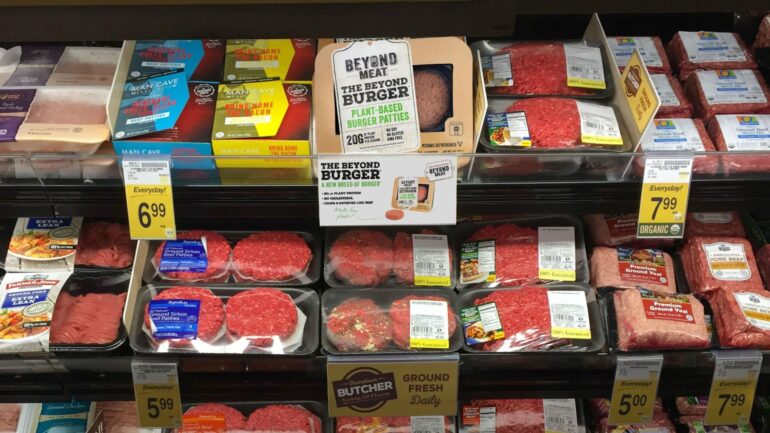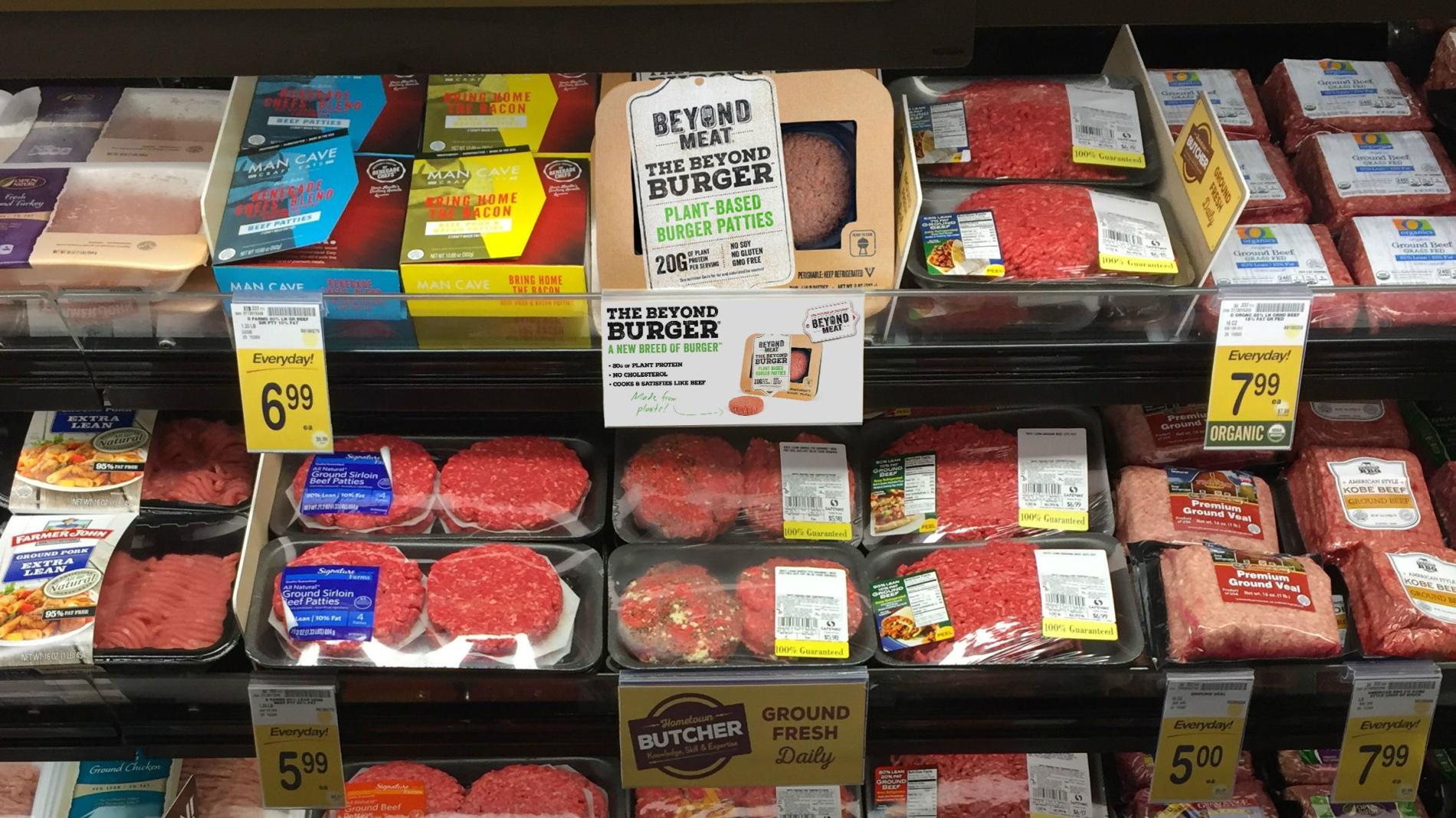
Jacob Phillips
Despite having a net income of $113.3 million at the end of 2020 fiscal year, Beyond Meat reported that they still posted a loss of $10.2 million this year as they the amount of products sold didn’t make up for how much was made.
The Los Angeles company, known for producing plant-based alternatives to meat, has had a near 100 per cent increase in their stock value this year.
But investment banking company JPMorgan has downgraded it’s ownership in the company as they believe Beyond Meat might soon generate below-average returns
Dr. Sylvain Charlebois, an expert on food prices, trends, and distribution at Dalhousie University, explained why Beyond Meat was losing money despite their massive gains.
“Like any start-up in the agri-food sector, Beyond Meat is growing and spending both here in Canada and in China, so they’ll need to sell more products to offset this,” Charlebois said, adding that Beyond Meat “sees themselves more of a global player moving forward, more so than its main competitors, like Impossible Foods.”
Embed from Getty ImagesIt’s not just other plant-based companies Beyond Meat needs to compete with.
A pack of regular hamburgers are $1 cheaper per pound compared to the Beyond Meat’s value packs and with the American economy still struggling to recover, it might force consumers to look elsewhere and for more affordable options.
Despite more than 39 per cent of Americans adding more vegan food into their diet, veganism is still a niche market as only 0.5 per cent of Americans would call themselves vegan and many who aren’t usually choose more meat products than plant-based products.
Along with the manufacture cost behind making vegan food, Beyond Meat has to make the price of their products higher than what their substituting to make a profit.
Still, other investors believe fully investing in Beyond Meat is a winning strategy, due to the strides they, like many other packaged food companies, have made during the pandemic.
Kraft Heinz shipped at least $19 million worth of the product during this pandemic and Campbell Soup e-commerce business was up over 100 per cent at the end of the fiscal fourth quarter.
While some fear this rise in sales is not maintainable, Beyond Meat’s CEO Ethan Brown said in a financial report he and his company believe their consumer base will continue to grow.
Embed from Getty Images“Throughout the quarter, our brand experienced an enviable combination of consumer trends–increasing household penetration, increasing buying levels per household, and strong repeat purchase rates of nearly 50%, well above the success threshold for consumer packaged goods,” Brown said.
A big factor in this was the release of their new value pack during the last quarter of the financial year called the Cookout Classic which significantly reduced the price to an average of $1.60 making it competitive with conventional meat.

